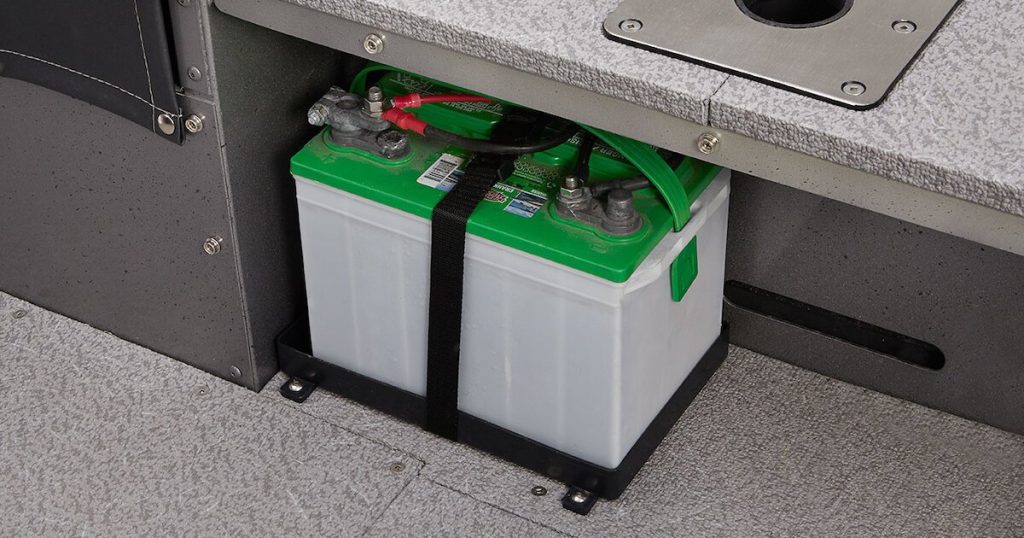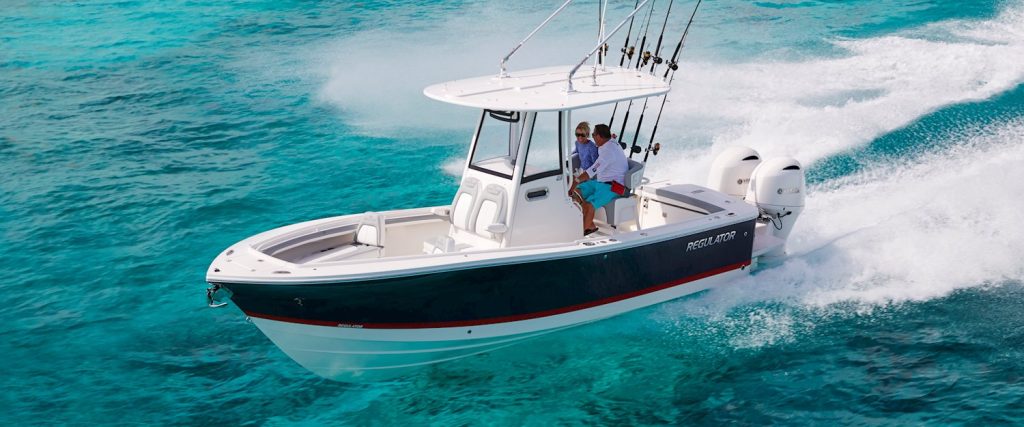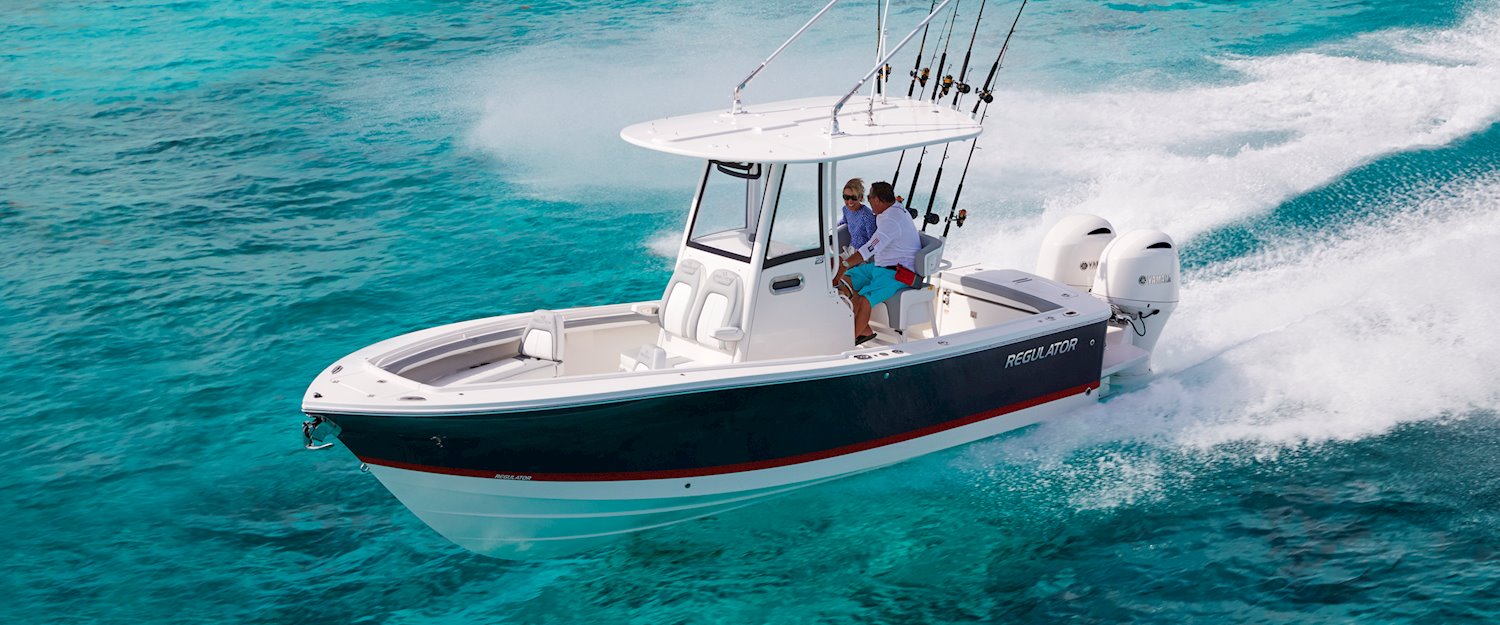Navigating the open waters is a thrilling experience. Yet, it requires reliable equipment to ensure safety and convenience.
One such crucial component is the marine battery. It powers essential boat functions, from starting the engine to running onboard electronics.
But what sets marine batteries apart from standard ones? Why should you consider them for your marine applications?
Marine batteries are specifically designed for the harsh marine environment. They offer durability, reliability, and superior performance, even under challenging conditions.
In this article, we delve into the advantages of using marine batteries. We’ll explore their unique features and how they contribute to an enhanced boating experience.
Whether you’re a boat owner, a marine enthusiast, or involved in marine-related businesses, this guide will be beneficial. It will help you understand why investing in the best marine batteries is a wise decision.

Stay with us as we sail through the sea of knowledge about marine batteries. Let’s embark on this journey to make your marine adventures more reliable and enjoyable.
Understanding Marine Batteries
Marine batteries are a type of storage battery. They are specifically designed for use in marine applications.
These batteries are responsible for powering various boat functions. They start the engine, run the lights, power the navigation systems, and more.
Marine batteries are not just any regular batteries. They are built to withstand the harsh marine environment. They are designed to be durable, reliable, and efficient.
Let’s take a closer look at what sets marine batteries apart from standard batteries. We’ll also explore the different types of marine batteries available in the market.
What Sets Marine Batteries Apart
Marine batteries are different from standard batteries in several ways. They are designed to meet the unique demands of marine applications.
One key difference is their construction. Marine batteries are built to resist corrosion, a common issue in marine environments. They also have features to withstand vibrations and shocks that come with boating.
Another distinguishing factor is their power delivery. Marine batteries are designed to provide both a quick burst of power for starting engines and sustained power for running onboard electronics.
Here is the complete marine battery guide >>
Types of Marine Batteries
There are three main types of marine batteries: starting batteries, deep cycle batteries, and dual-purpose batteries.
Starting batteries are designed to deliver a large burst of power in a short time. They are ideal for starting boat engines.
Deep cycle batteries, on the other hand, provide a steady amount of power over a longer period. They are perfect for running onboard electronics and appliances.
Dual-purpose batteries combine the features of both starting and deep cycle batteries. They offer versatility but may not perform as well as the specialized types in their respective functions.
Each type has its advantages and is suited for different applications. Understanding these types will help you choose the best marine battery for your needs.

Key Advantages of Marine Batteries
Marine batteries offer several advantages over standard batteries. These advantages make them the preferred choice for marine applications.
Firstly, marine batteries are designed to withstand the harsh marine environment. They are built to resist corrosion, withstand vibrations, and handle temperature fluctuations. This makes them more durable and reliable than standard batteries.
Secondly, marine batteries are designed with safety and maintenance features. These features make them easier to use and maintain, and safer to operate in a marine environment.
Lastly, marine batteries offer high capacity and efficiency. They are designed to provide a steady supply of power for a longer period, making them ideal for powering various boat functions.
Let’s delve deeper into these advantages.
Durability and Reliability in Harsh Conditions
Marine batteries are built to last. They are designed to resist corrosion, a common issue in marine environments.
These batteries also have features to withstand vibrations and shocks that come with boating. This makes them more durable and reliable than standard batteries.
Safety and Maintenance Features
Marine batteries come with several safety and maintenance features. These features make them safer to use and easier to maintain.
For instance, many marine batteries are sealed to prevent leaks. They also have built-in overcharge protection to prevent damage to the battery.
High Capacity and Efficiency
Marine batteries are designed to provide a steady supply of power for a longer period. This makes them ideal for powering various boat functions.
These batteries have a high capacity, which means they can store more energy. They also have a high efficiency, which means they can deliver this energy more effectively. This makes them more efficient than standard batteries.
Choosing the Best Marine Batteries
Selecting the right marine battery is crucial for optimal performance and longevity. The best marine battery for you depends on your specific needs and the type of boat you have.
There are several factors to consider when choosing a marine battery. These include the type of battery, its capacity, its durability, and its maintenance requirements.
To help you make an informed decision, we will discuss these factors in detail in the next section. We will also provide recommendations for the best marine batteries available in Australia.
Factors to Consider When Selecting a Marine Battery
The type of battery is one of the most important factors to consider. There are three main types of marine batteries: starting, deep cycle, and dual purpose. Each type has its own advantages and is suitable for different applications.
The capacity of the battery is another crucial factor. This refers to the amount of energy the battery can store. A higher capacity battery can power more devices for a longer period.
Lastly, consider the durability and maintenance requirements of the battery. A durable battery can withstand harsh marine conditions, while a battery with low maintenance requirements can save you time and effort.
Best Marine Batteries in Australia
In Australia, there are several brands that offer high-quality marine batteries. These include Century, Optima, and Deka.
Century Marine Pro batteries are known for their durability and high performance. They are designed to withstand the harsh Australian marine conditions.
Optima BlueTop batteries are another excellent choice. They offer high cranking power and impressive cycling capability, making them ideal for both starting and deep cycle applications.
Lastly, Deka Marine Master batteries are praised for their reliability and long service life. They are also maintenance-free, making them a convenient choice for boat owners.
Marine Battery Maintenance and Longevity
Proper maintenance is key to extending the life of your marine battery. Regular checks and correct charging practices can significantly improve battery performance and longevity.
It’s important to keep the battery clean and free from corrosion. Regularly inspect the battery terminals and connections, and clean them if necessary. This can prevent power loss and potential damage to your battery.
Also, ensure that the battery is securely mounted to prevent damage from vibrations or movement. A loose battery can be hazardous, especially in rough sea conditions.
Tips for Extending the Life of Your Marine Battery
One way to extend the life of your marine battery is to avoid deep discharges. Deep discharges can strain the battery and shorten its lifespan.
Another tip is to keep the battery fully charged when not in use. A battery that is left discharged for an extended period can suffer from sulfation, which can reduce its capacity and lifespan.
Charging and Storage Best Practices
When charging your marine battery, it’s important to use a charger that is compatible with your battery type. Using an incompatible charger can damage the battery and reduce its lifespan.
For storage, keep the battery in a cool, dry place. Extreme temperatures can affect the battery’s performance and longevity. Also, remember to disconnect the battery from any devices to prevent accidental discharging.
Innovations and the Future of Marine Batteries
The marine battery industry is constantly evolving, with new technologies and innovations improving battery performance and efficiency. These advancements are not only enhancing the boating experience but also contributing to the growth of renewable energy systems in marine applications.
Technological Advancements in Marine Batteries
One significant advancement is the development of lithium-ion marine batteries. These batteries offer high energy density, long cycle life, and fast charging capabilities. They are also lighter than traditional lead-acid batteries, which can improve boat performance and fuel efficiency.
Another innovation is the integration of smart technology in marine batteries. Smart batteries come with built-in battery management systems that monitor and control battery performance. This can help to extend the battery’s lifespan and prevent potential issues.
Environmental Impact and Sustainability
Marine batteries also play a crucial role in promoting sustainability in the marine industry. For instance, the use of marine batteries in solar-powered boats and hybrid propulsion systems can reduce fuel consumption and carbon emissions.
Moreover, many manufacturers are now focusing on producing eco-friendly marine batteries. These batteries are designed to have a lower environmental impact, both in terms of production and disposal. This shift towards sustainability is not only beneficial for the environment but also for the future of the marine industry.
Conclusion
In conclusion, marine batteries offer numerous advantages, from durability and reliability to high capacity and efficiency. With the ongoing technological advancements and a growing focus on sustainability, marine batteries are set to play an even more significant role in enhancing the marine experience and promoting renewable energy systems in the marine industry.
